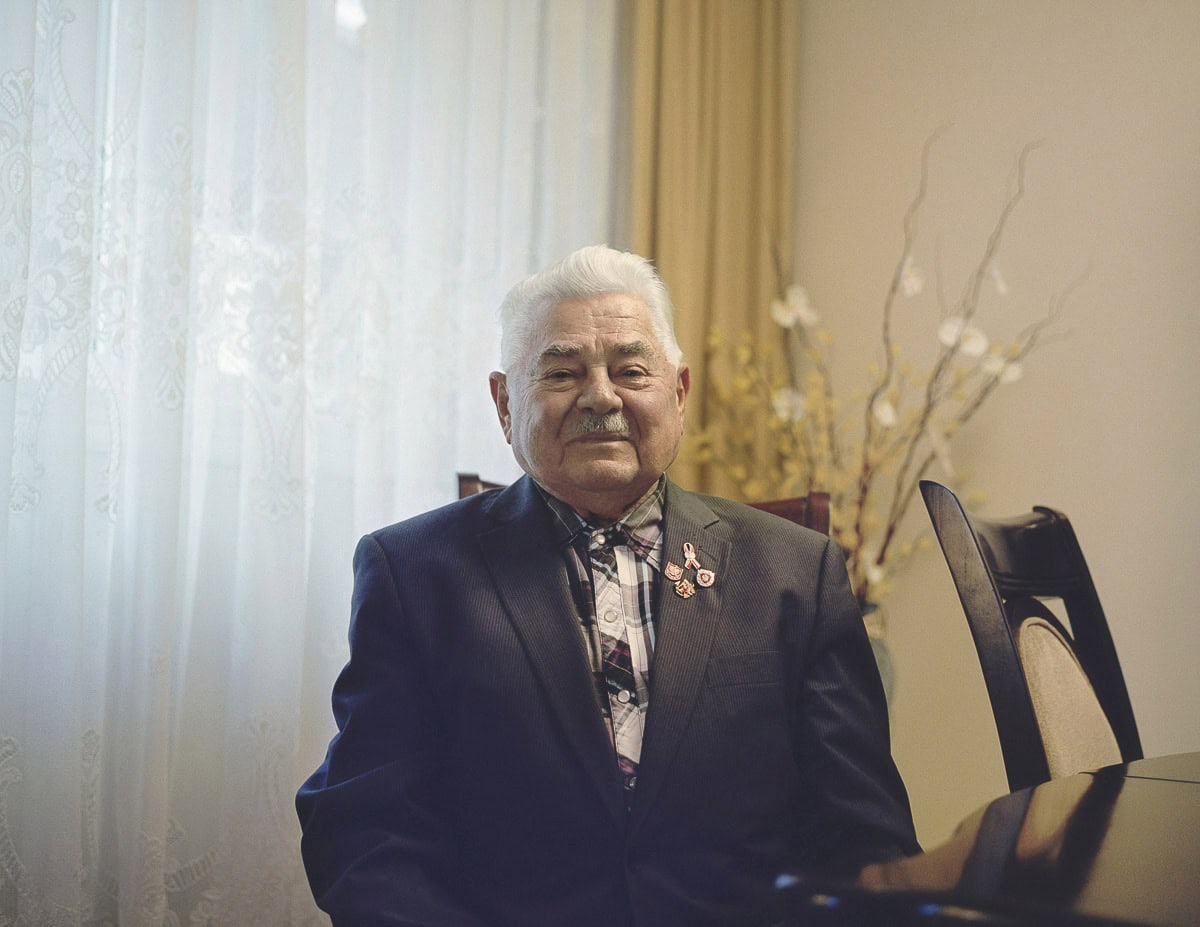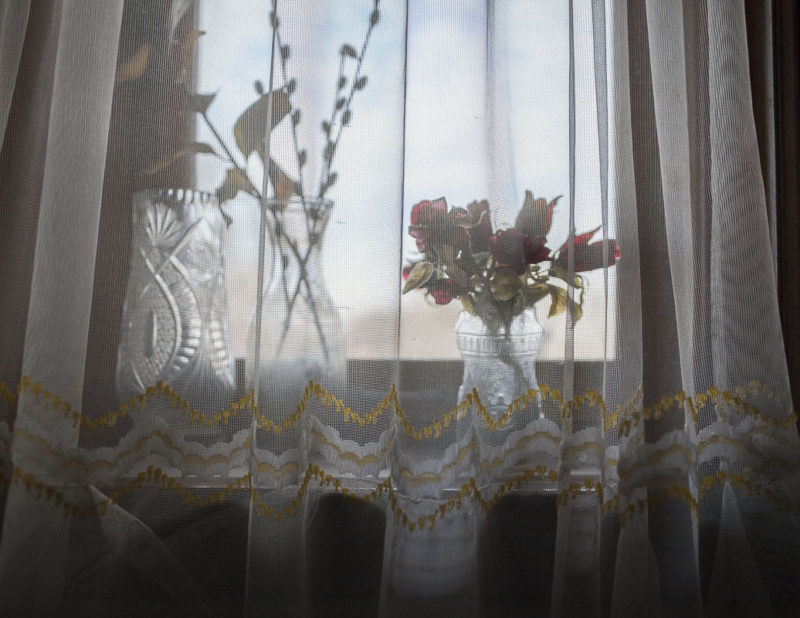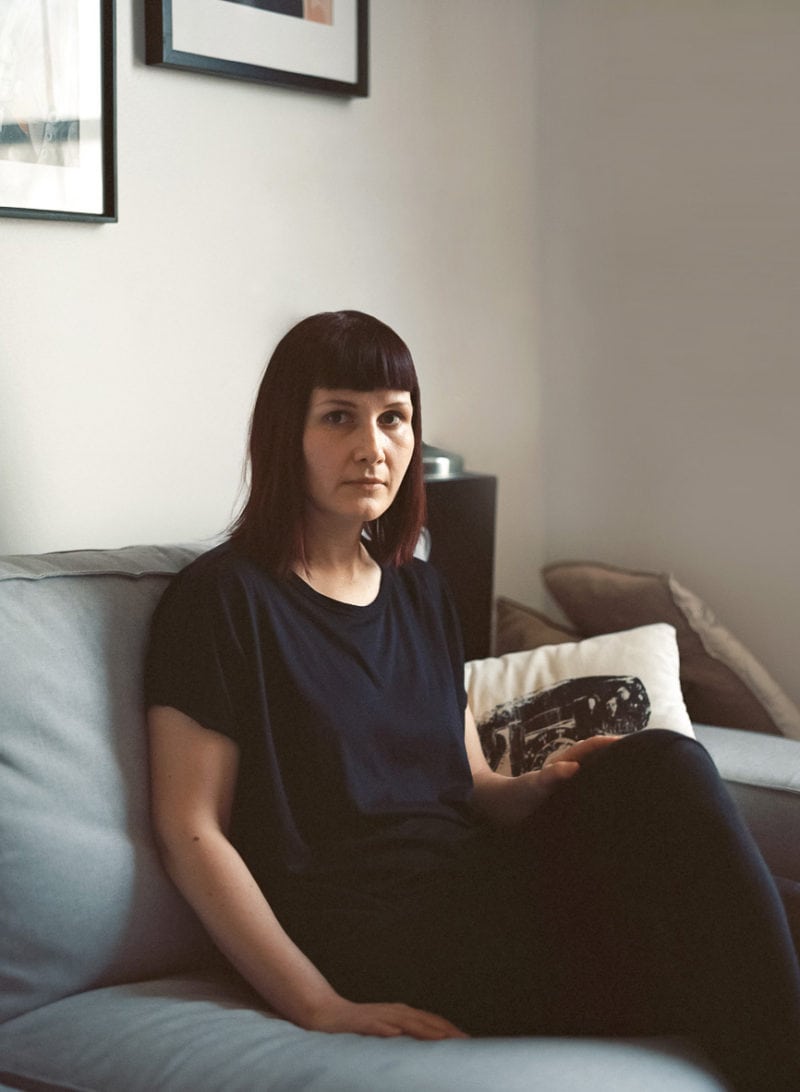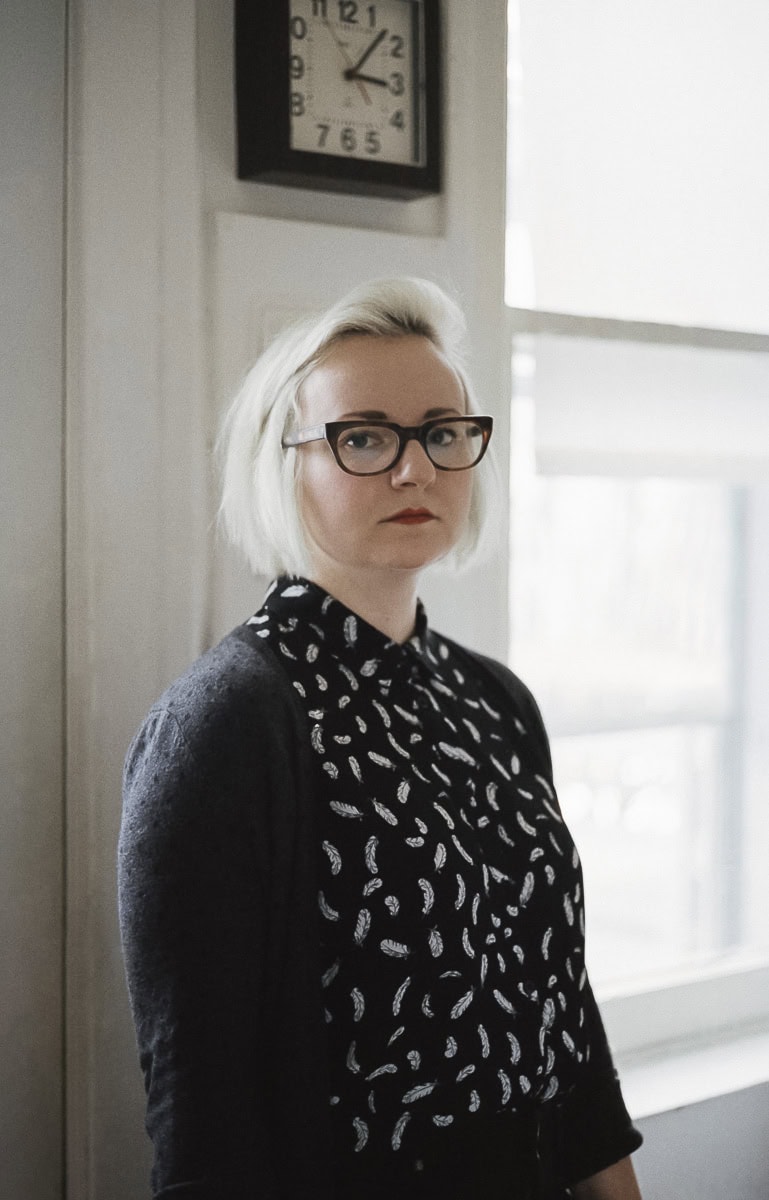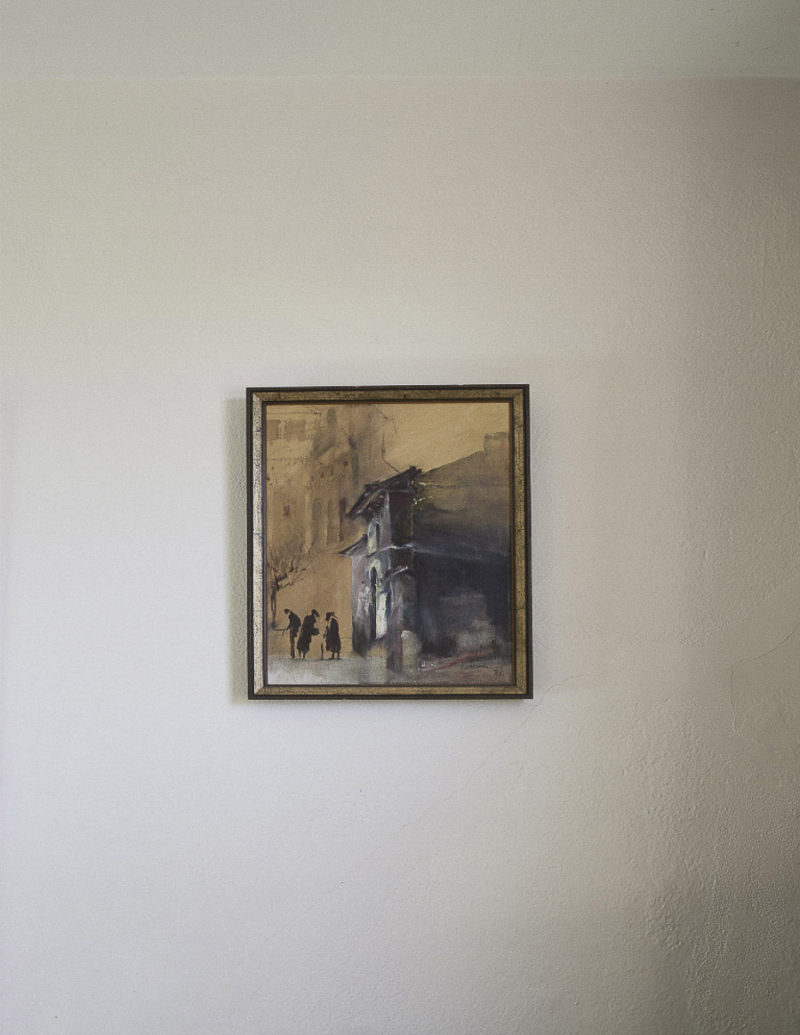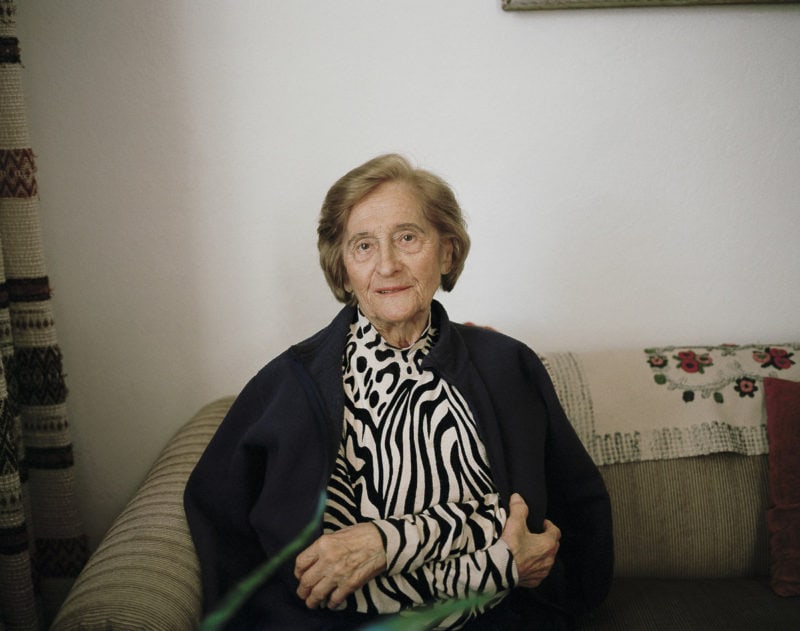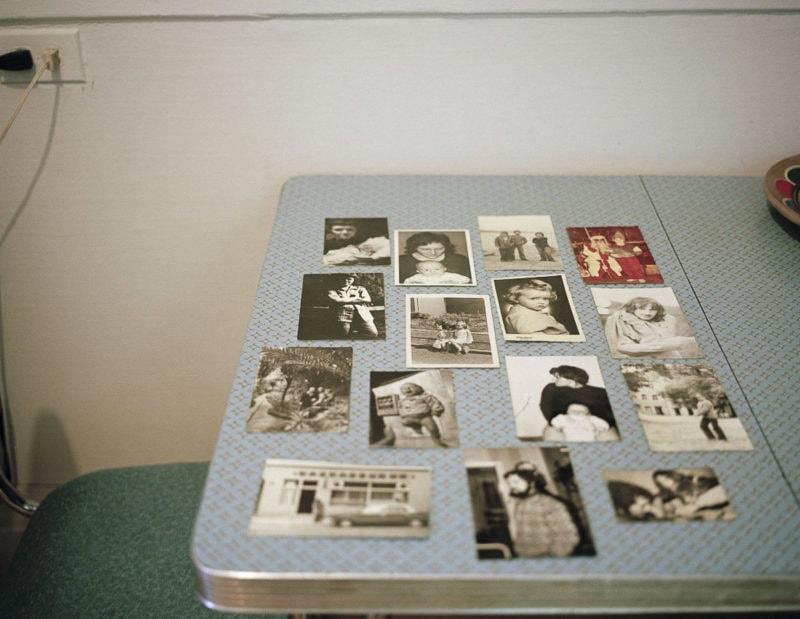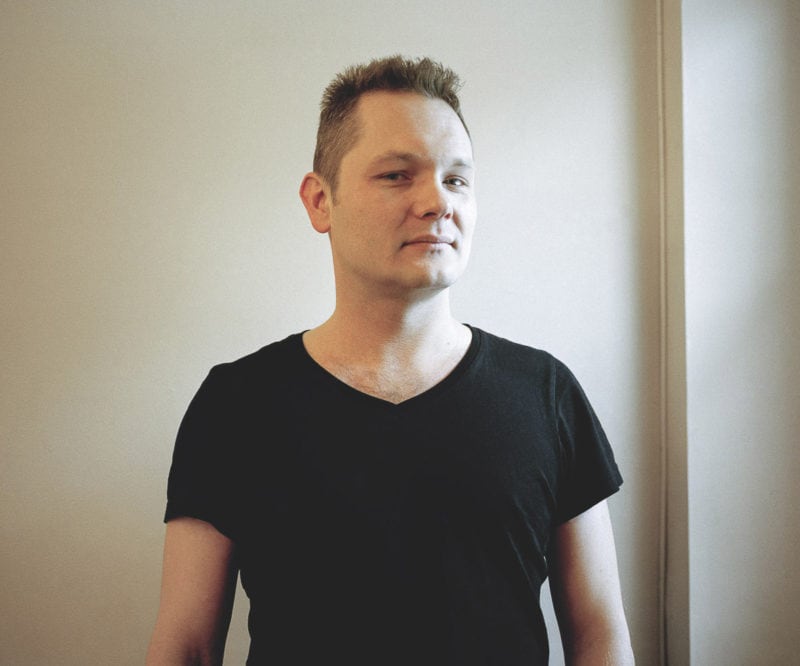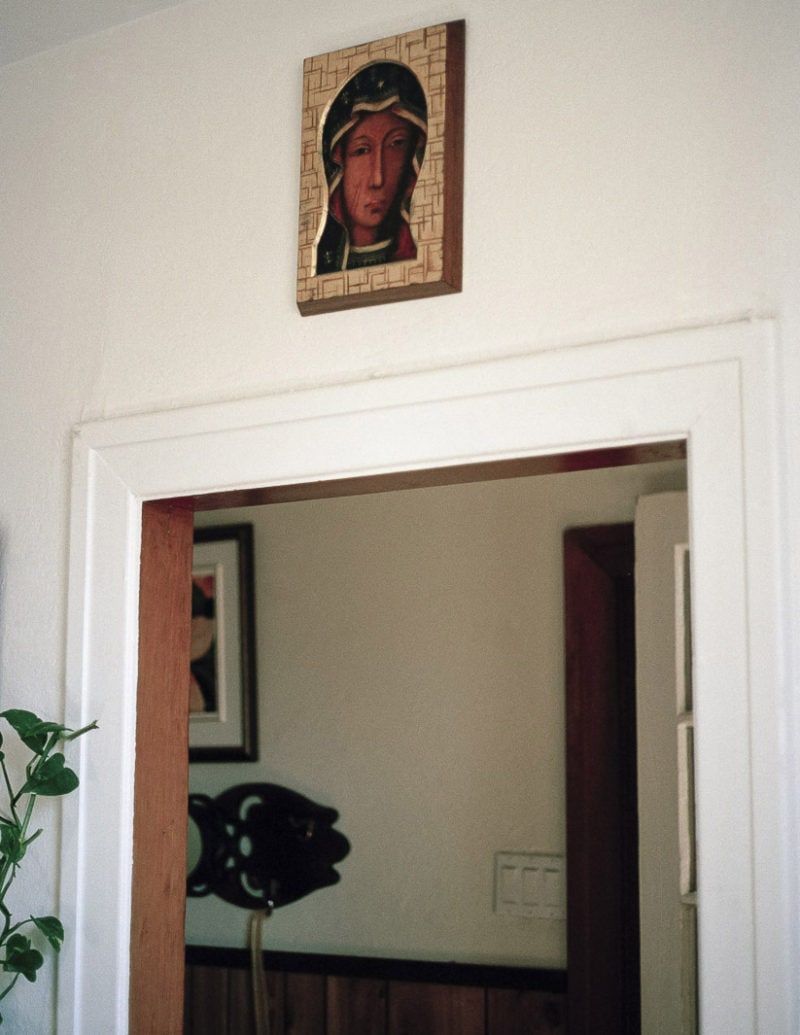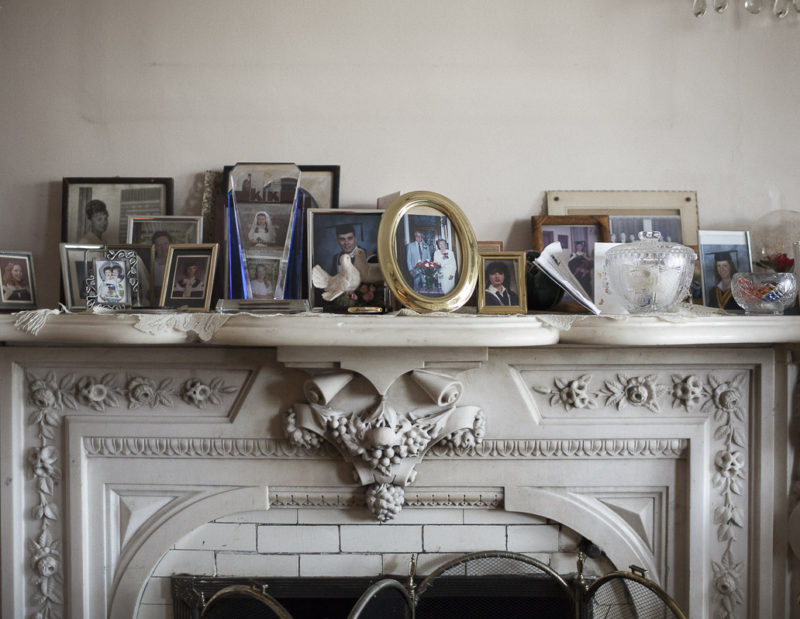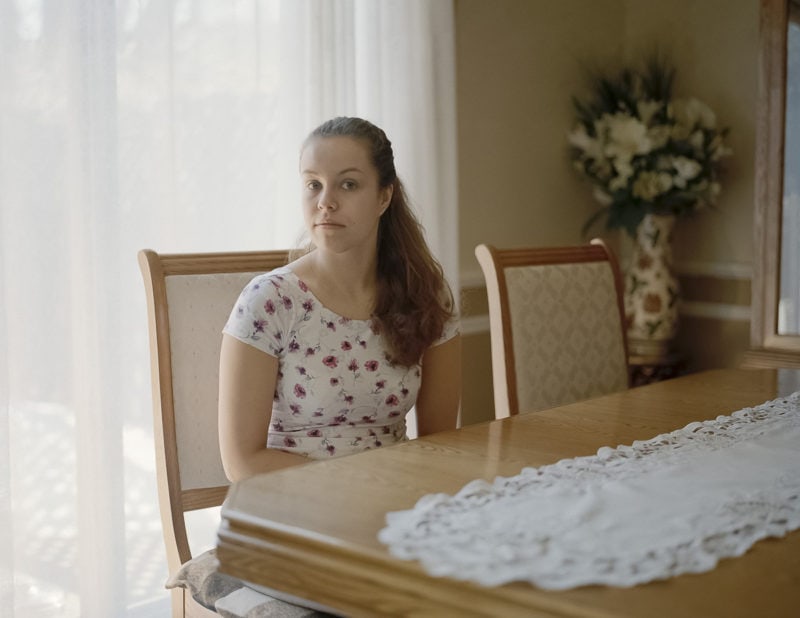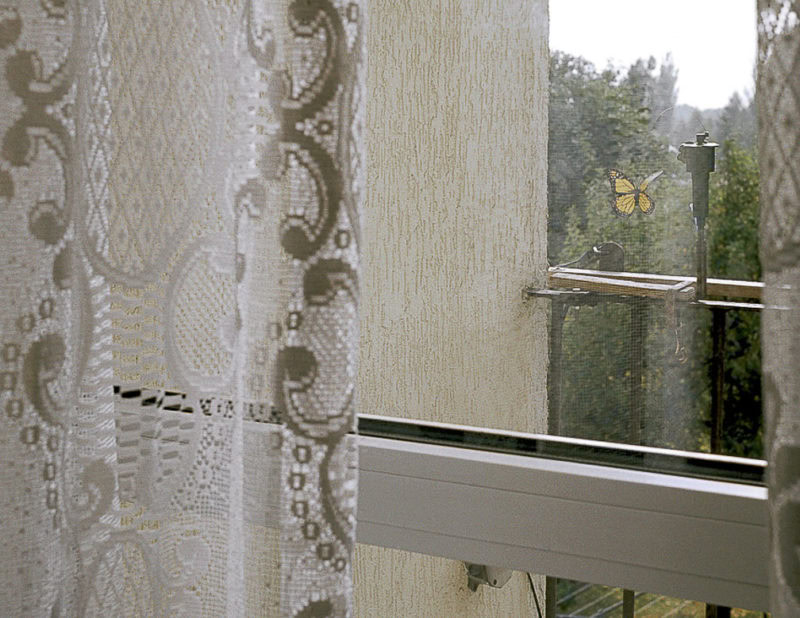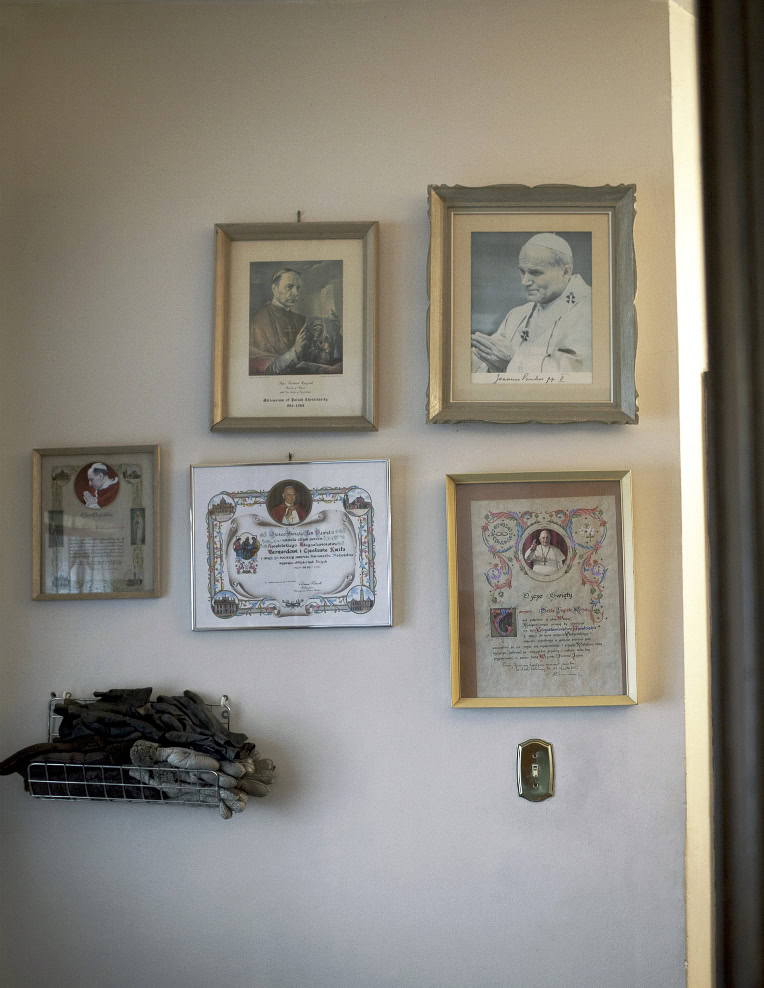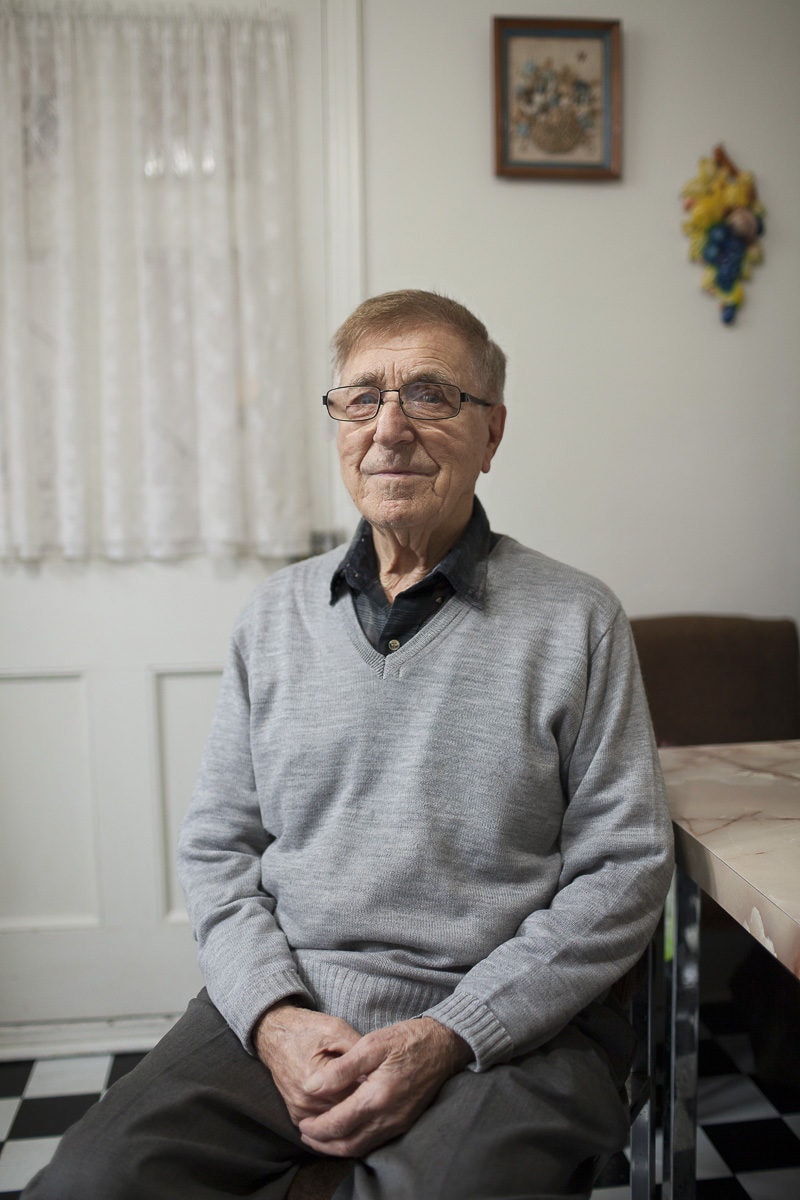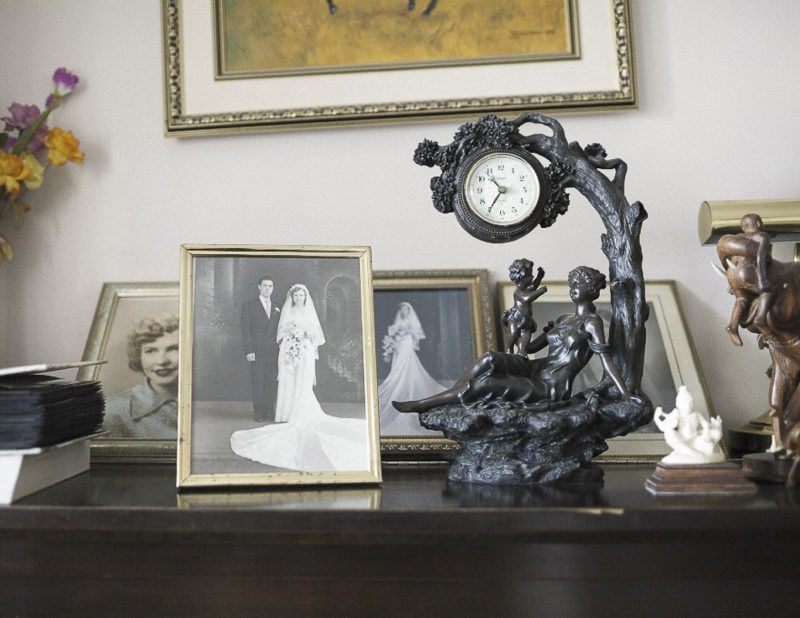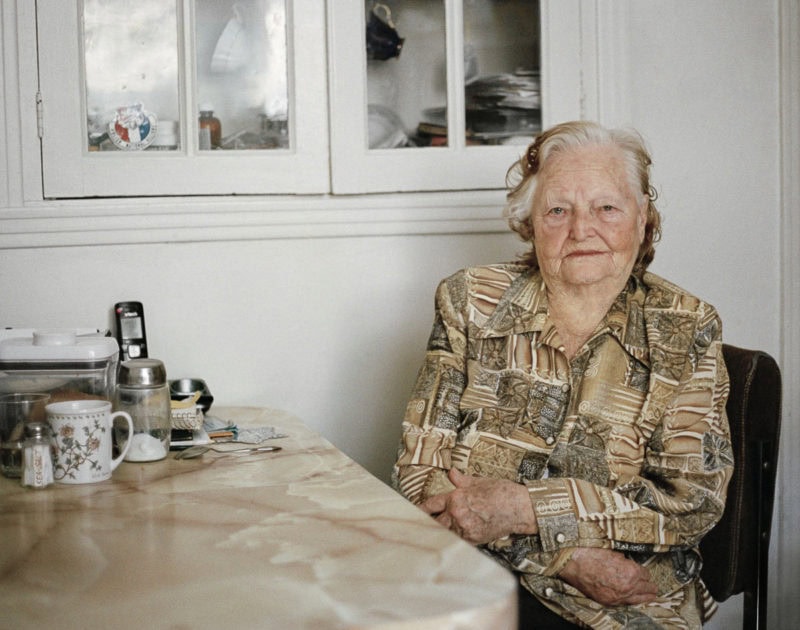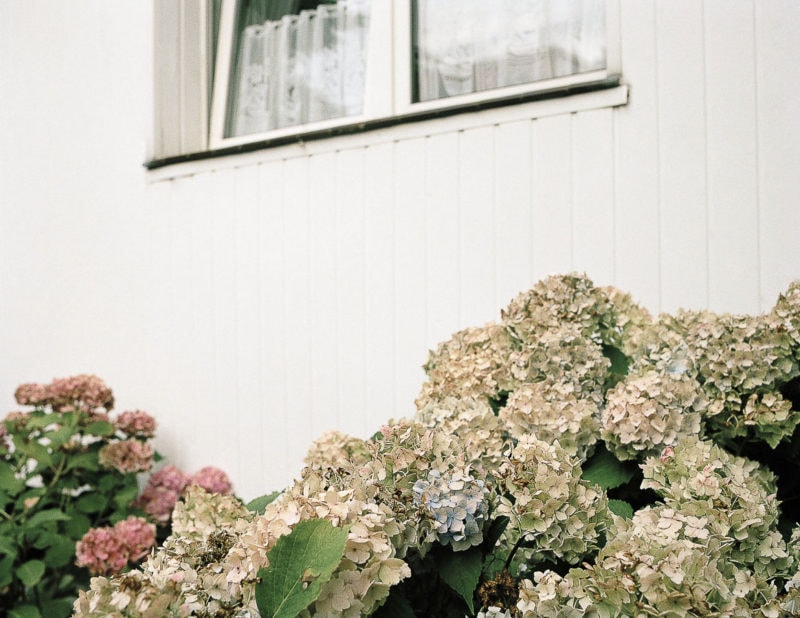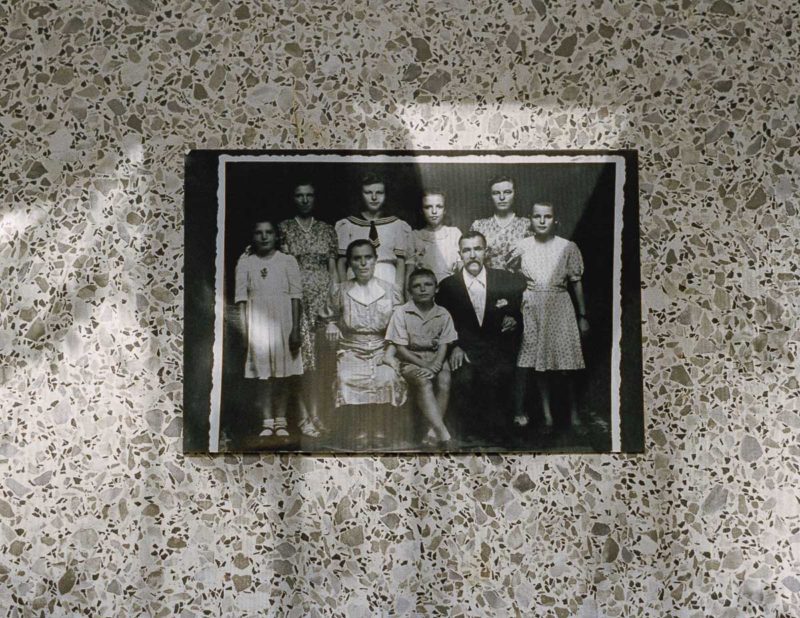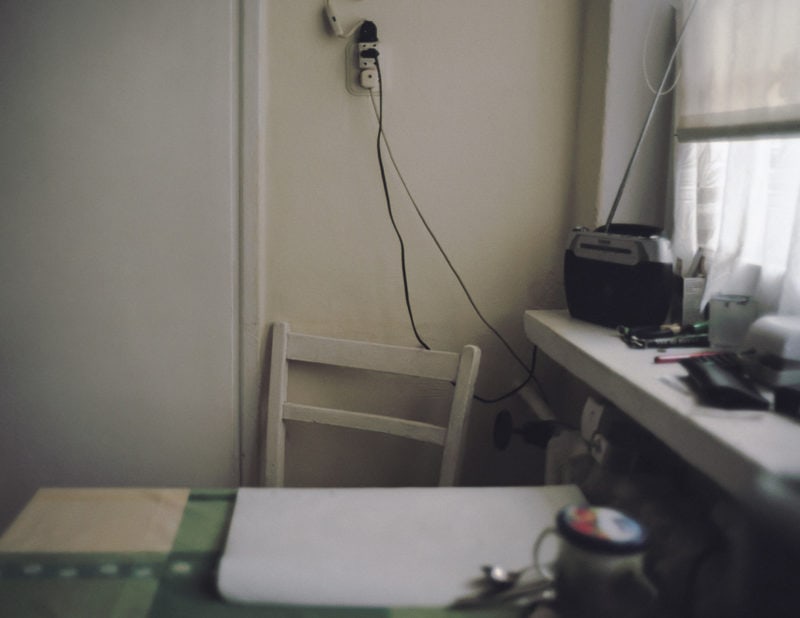Dorothee E. Nowak is a French documentary photographer based in Montreal, Canada. She is currently finishing a Bachelor of Fine Arts with a major in Photography from Concordia University. Her photographs have been presented in Canada and, featured in publications printed and online.
Coming from Polish origin, Nowak is mainly interested by the subject of displacement, post memory and explores the concept of migration from the eyes of an outsider. Through her still life and her portraits, she attempts to grasp upon the narrative of being in-between two cultures and the sense of self within a new environment.
About ‘Dom Polski’:
Dom Polski is an ongoing documentary project based on the Polish community of Montreal. Its goal is to question cultural identity, its spatial mediation, as well as its origin.
It portrays how some Polish nationals experience their new cultural environments while preserving a strong commitment to their former customs. The men and women from ‘Dom Polski’ were all born in Poland and, most of them left their country because of wars or political reasons.
Surrounded by six countries, Poland has historically lived in the shadows of Germany and Russia. In Canada, most of the Polish came during few large immigration waves in the 20th century. The latest wave was caused by the severe economic and political crisis in Poland.
To this day 47 000 people are from a polish origin in Quebec from which more than half were born in Poland.
Dom Polski means polish house, and in this project, I met Maria, Bernard, and Richard in their house. I spent several hours listening to their incredible stories about migration. One example is the story of when they were deported to Siberia and transported as refugees in Africa after the end of World War II. For Dobromir or Izabela, the souvenir of the motherland is more blurry.
They were too young when their parents decided to escape the communist regime during the 1980’s or in the 1990’s. Born in Poland, they do not have memories of their homeland.
Thus, they maintain an involvement in the Polish community in order to stay connected to their roots. Through their stories, parts of the country’s history is revealed. It unfolds the familiar fated narrative shared by millions of refugees from Siberian camps and how they were being redirected towards British colonies in India or Africa and, how some of them escaped the communism and went trough Algeria, Italy or Greece before immigrating to Canada.
Through the portrait of the members of the Polish community, as well as still lives of their environment, I attempt to depict what it represents to come from a Polish heritage and, how Polish culture is being remembered, romanticized and transmitted to others.
